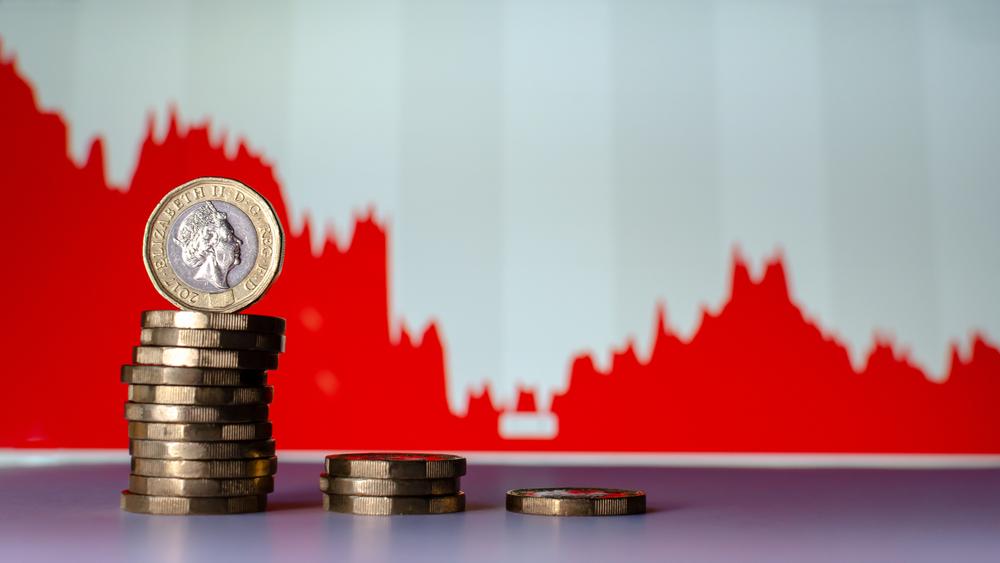Following the news that the likelihood of a no-deal Brexit is a “strong possibility”, the pound was down almost 0.4% against the euro to 1.091.
European Commission president Ursula von der Leyen told EU leaders on Friday: “The probability of a no deal is higher than of a deal…To be seen by Sunday whether a deal is possible.”
Susannah Streeter, a senior investment and markets analyst at Hargreaves Lansdown, said:
“With the UK now looking like its hurtling towards a no-deal Brexit, investors should adopt the brace position for swings in sterling and shares in domestic focused companies. This morning the pound is struggling to rise above 1.09 against the euro with a distinct lack of direction before the fresh deadline of Sunday looms.
“Warnings from Prime Minister Boris Johnson, that companies should prepare for a no-deal scenario, will not have added to confidence, given that there are just three weeks until January 1, when WTO rules would come into force.”
As well as the pound, European stocks were also down on Friday’s opening. The FTSE 100 is down 0.4%, Germany’s DAX is 0.3% lower, France’s CAC 40 is down 0.27%, and Spain’s IBEX opened 0.4% lower.
Michael Hewson, CMC Markets UK’s chief market analyst, remains confident that a deal could still be struck and said:
“Overall, there still seems to be some optimism that pragmatism will prevail as the 31st December deadline gets closer, and the realisation slowly dawns of the potential economic damage that could ensue in the days after a no-deal outcome.
“An outcome that in the current circumstances would simply heap economic pain on top of economic pain.”
This week, the UK has signed free trade deals with Singapore, Vietnam, Norway, Iceland, and Canada. The deals have come just weeks before the end of the Brexit transition period.
The Vietnam embassy said in a statement: “Today, UK International Trade Secretary Liz Truss and Vietnam Minister of Industry and Trade Tran Tuan Anh concluded the UK-Vietnam Free Trade Agreement. This will be a further boost to UK-Vietnam bilateral trade, which has tripled between 2010 and 2019 to £5.7bn ($7.58bn)”.

